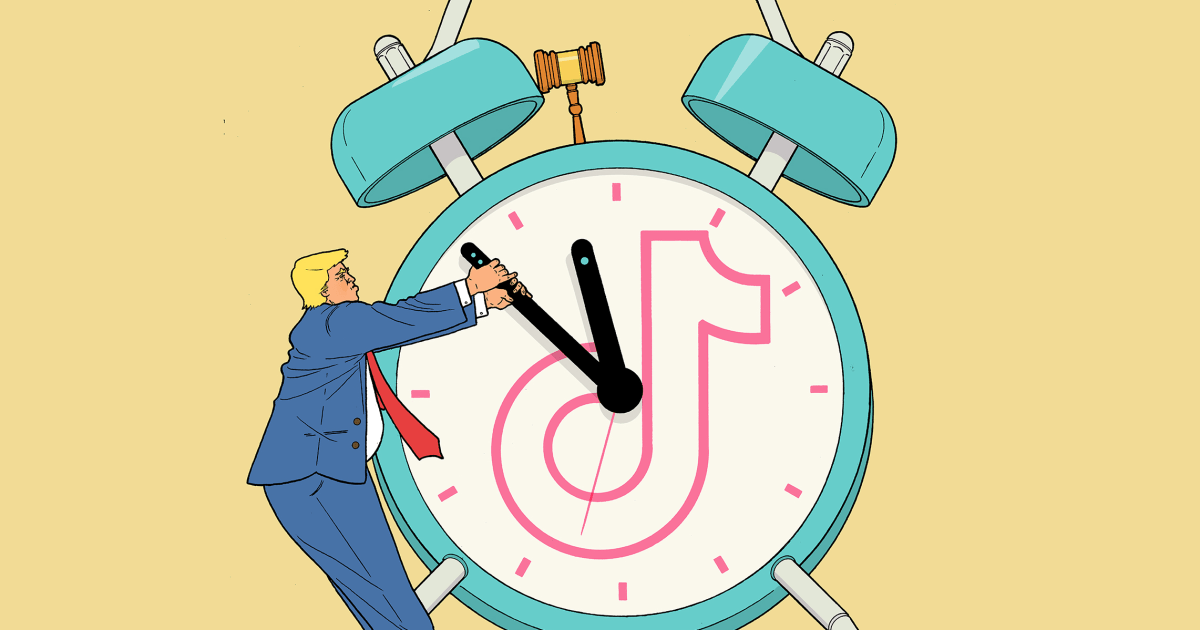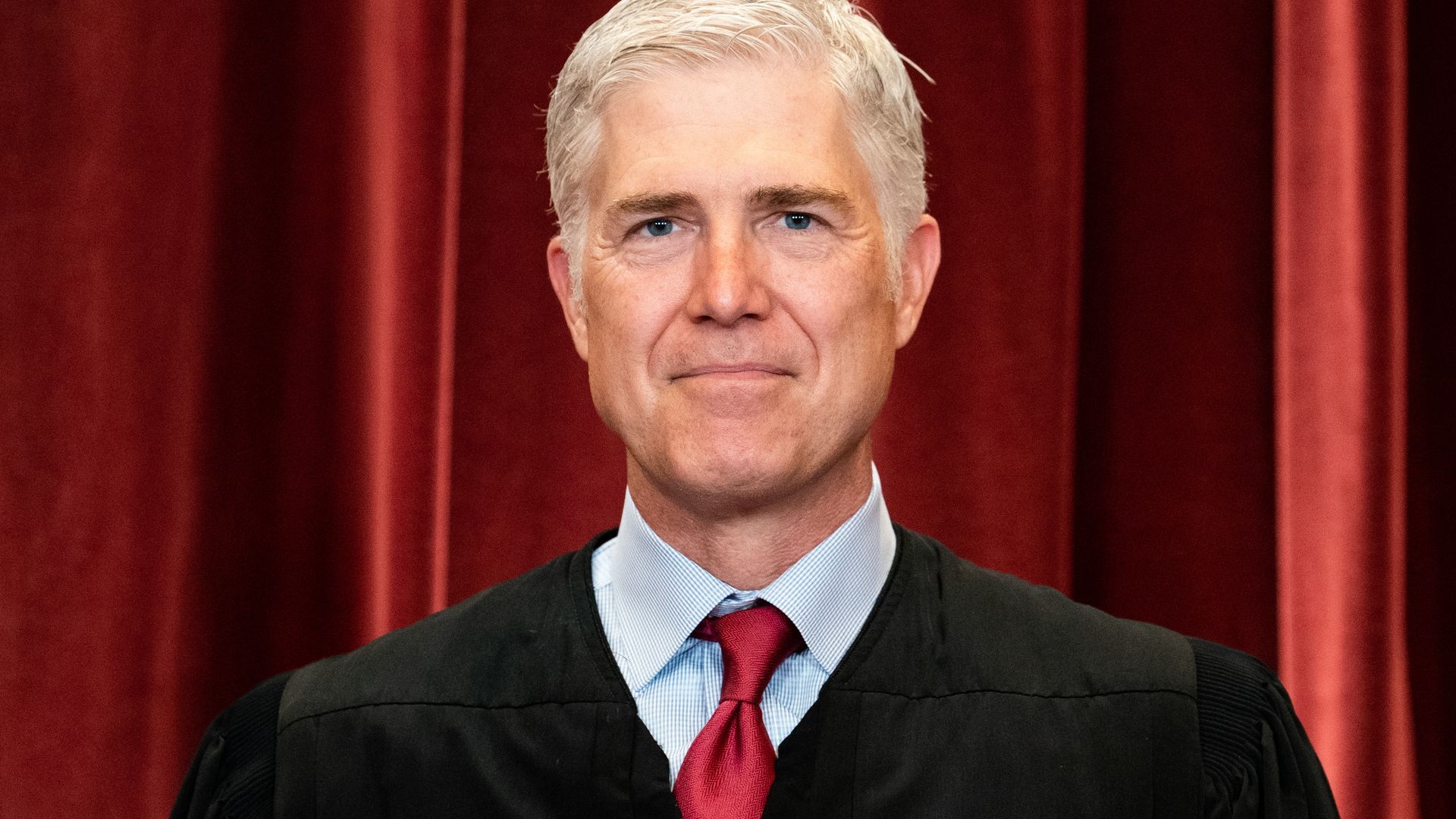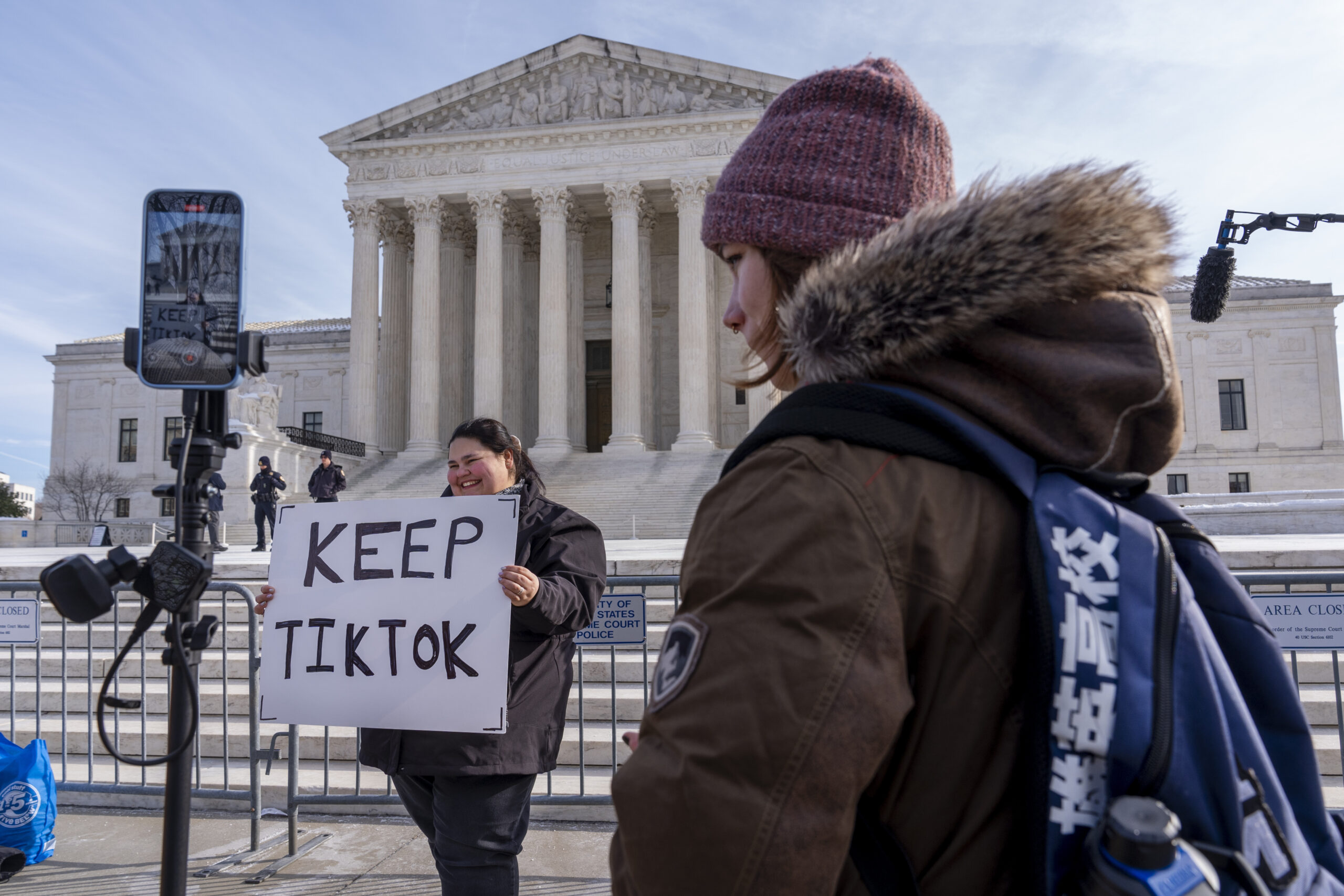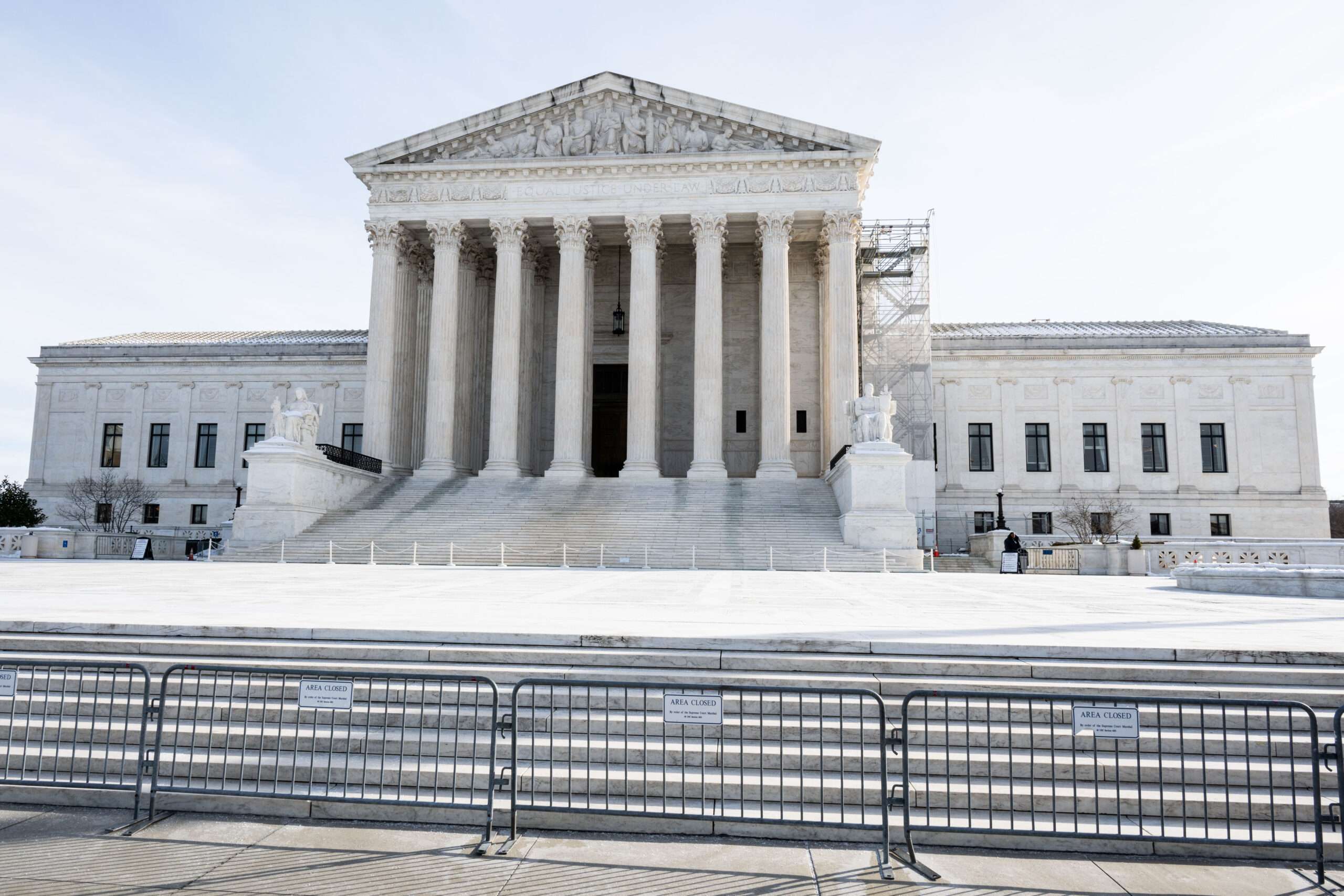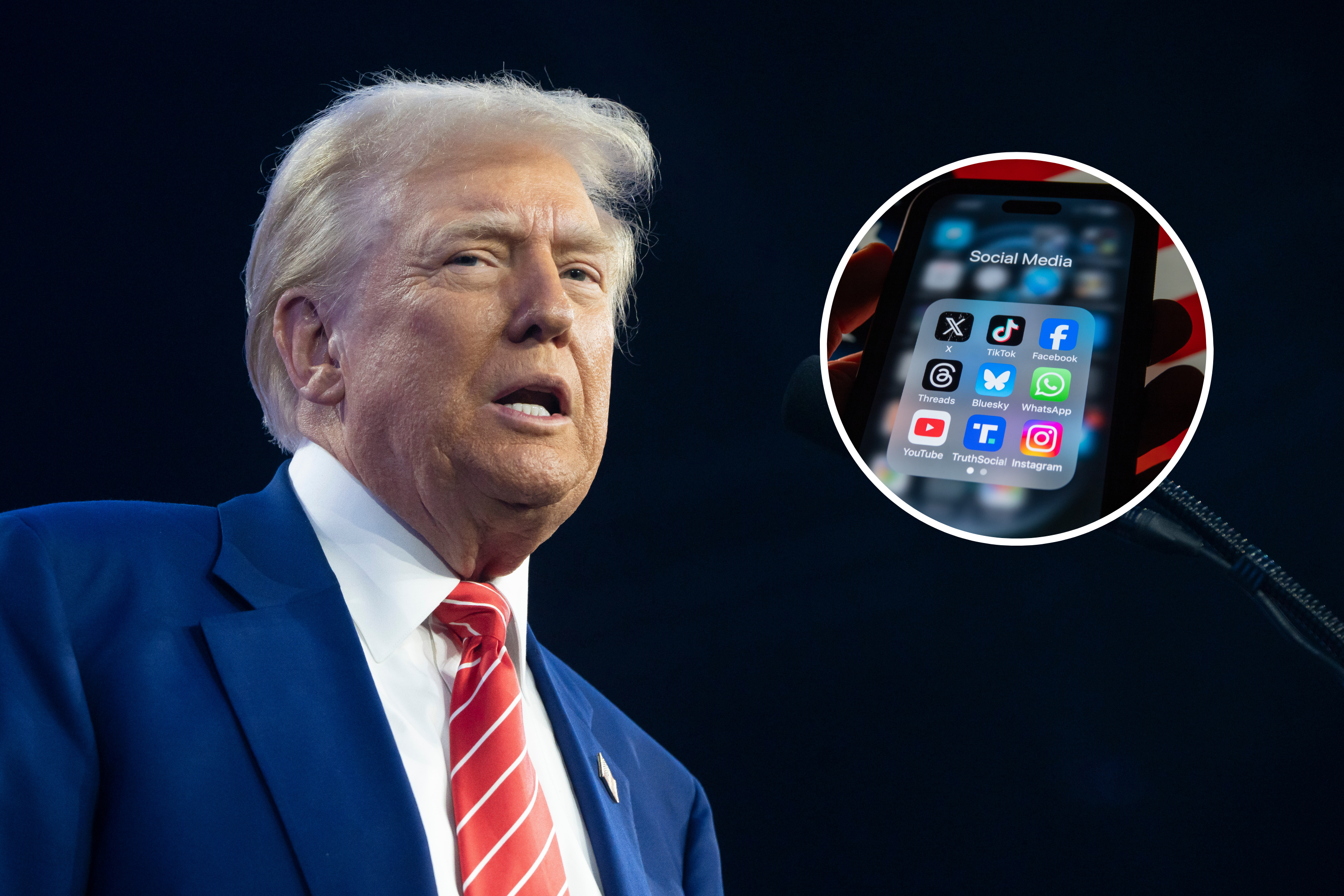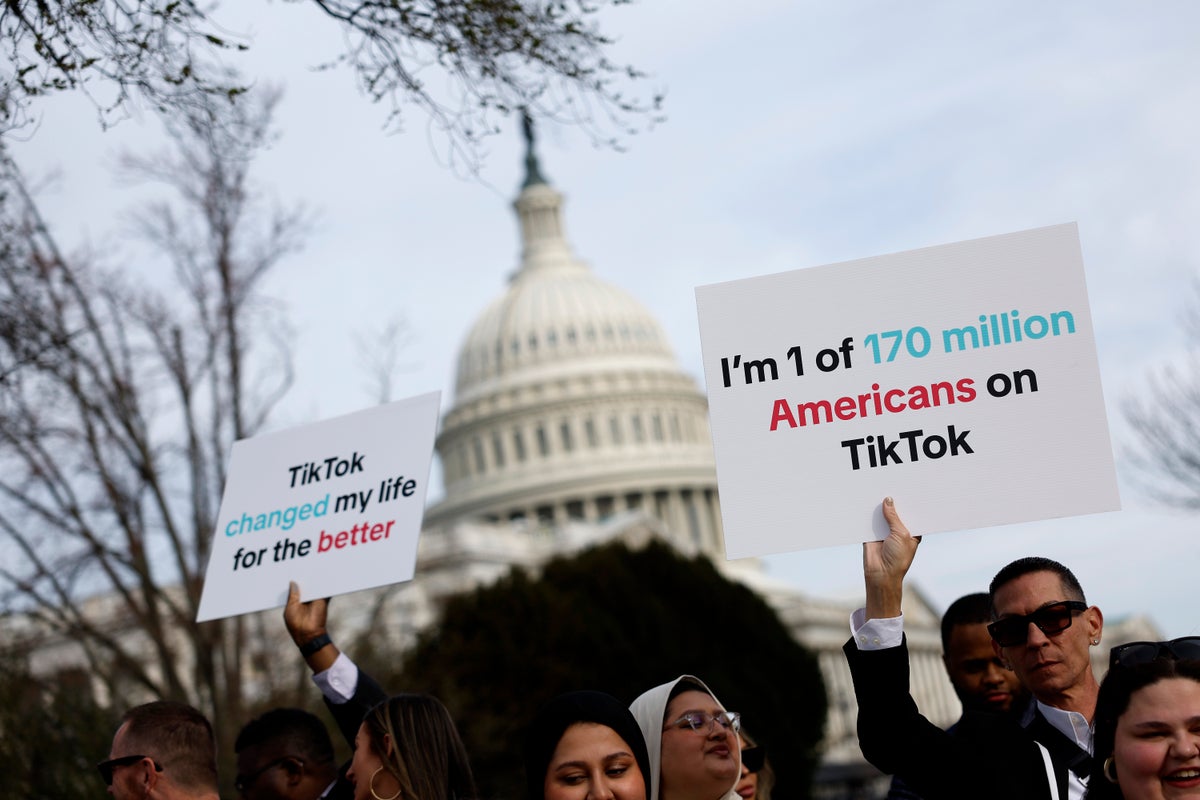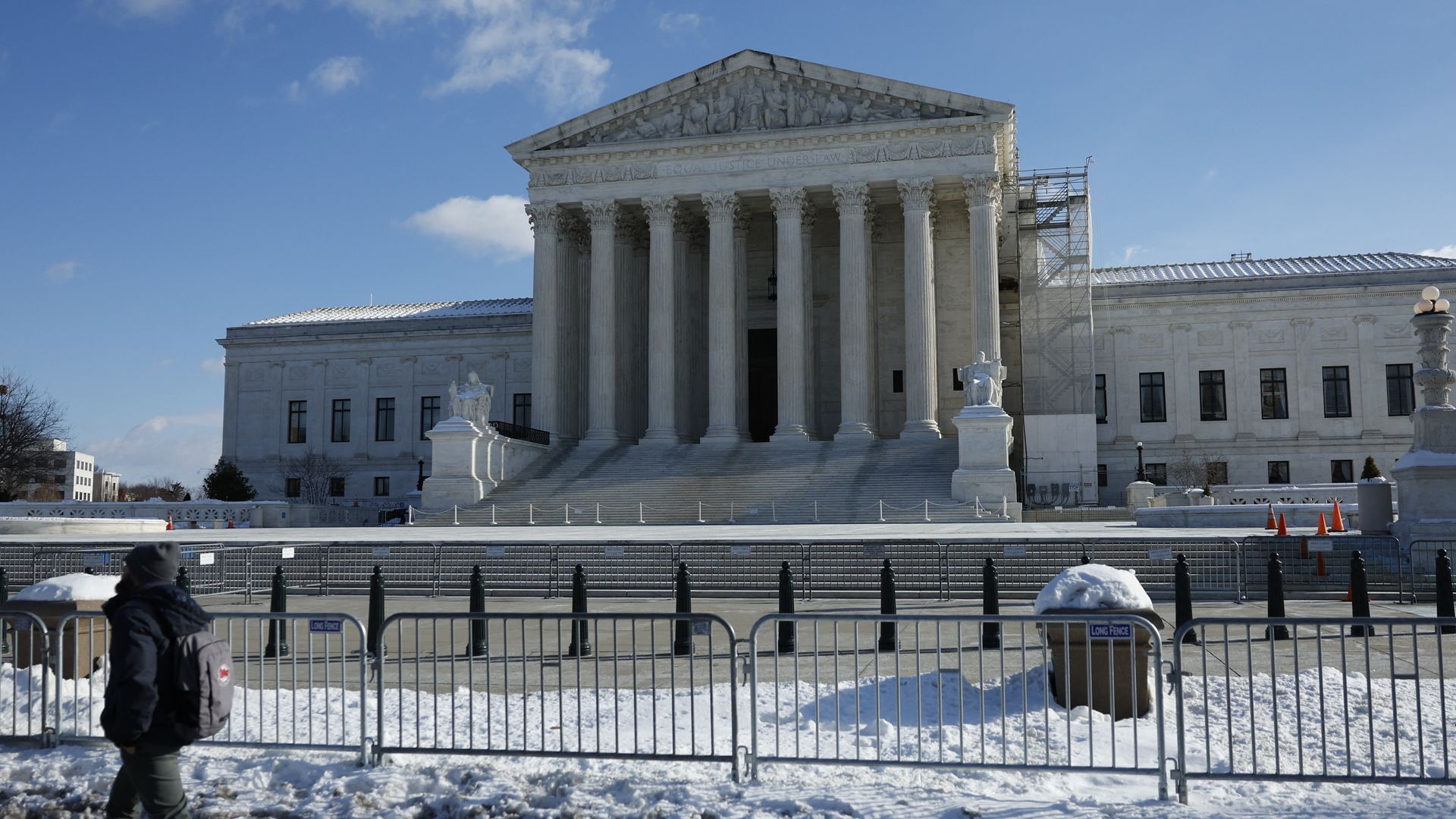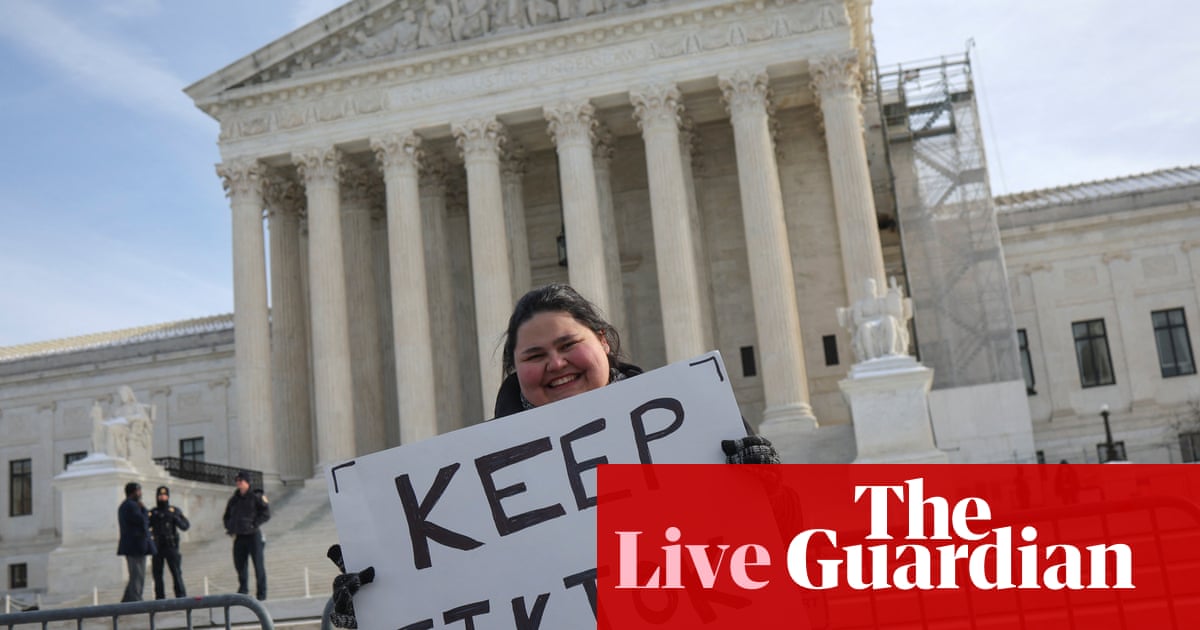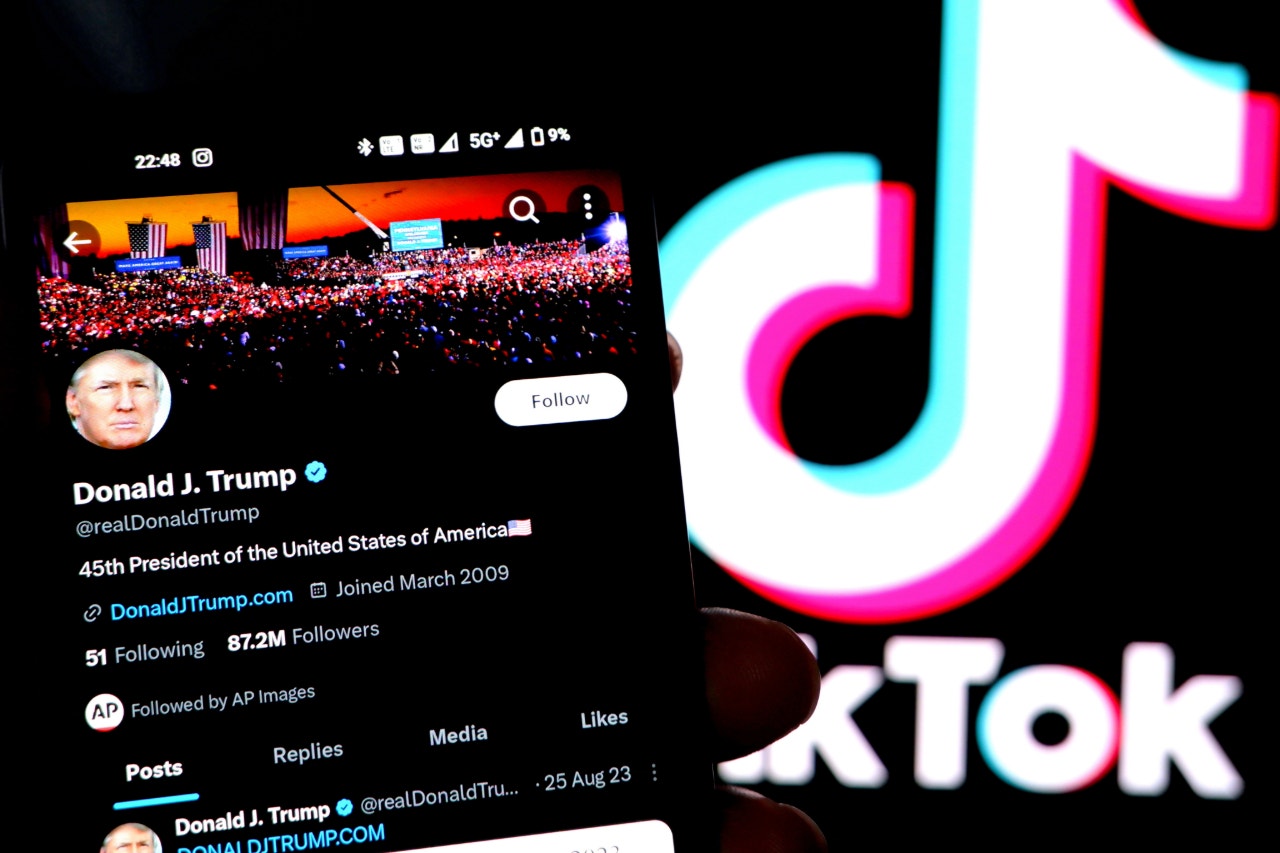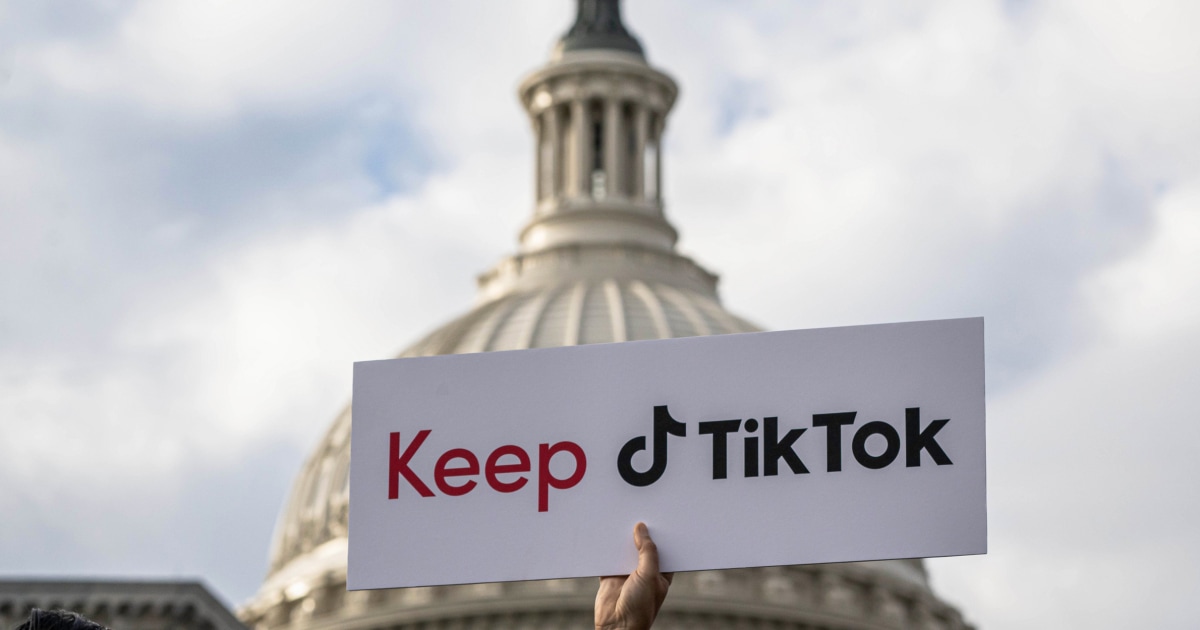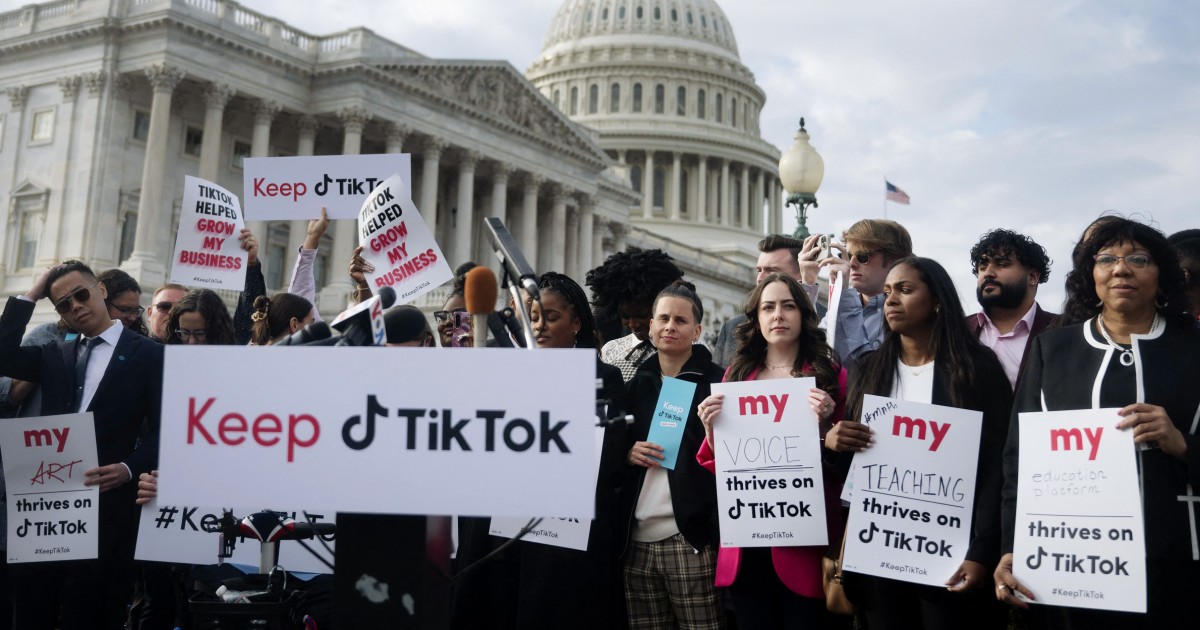Supreme Court Deliberates TikTok's Future Amid National Security Concerns
The Supreme Court hears arguments on TikTok's sale to alleviate national security risks, with potential economic implications for millions of U.S. users.
Overview
The Supreme Court is currently deliberating TikTok's challenge against a law requiring its sale from Chinese parent ByteDance due to national security concerns. Should the law be upheld, TikTok could face a ban starting January 19. Oral arguments reflected skepticism towards TikTok's free speech claims and discussed alternatives, including an extension allowing negotiation for a U.S. buyer. President-elect Trump's involvement, including a potential delay, has emerged as a possibility. The decision could have profound economic implications for TikTok's 170 million American users.
Report issue
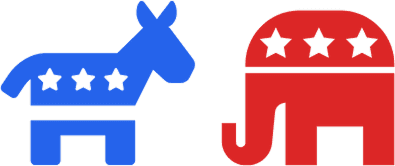
Read both sides in 5 minutes each day
Analysis
Analysis unavailable for this viewpoint.
Articles (37)
Center (24)
History
- 1y

 4 articles
4 articles
- 1y

 4 articles
4 articles
- 1y

 6 articles
6 articles
